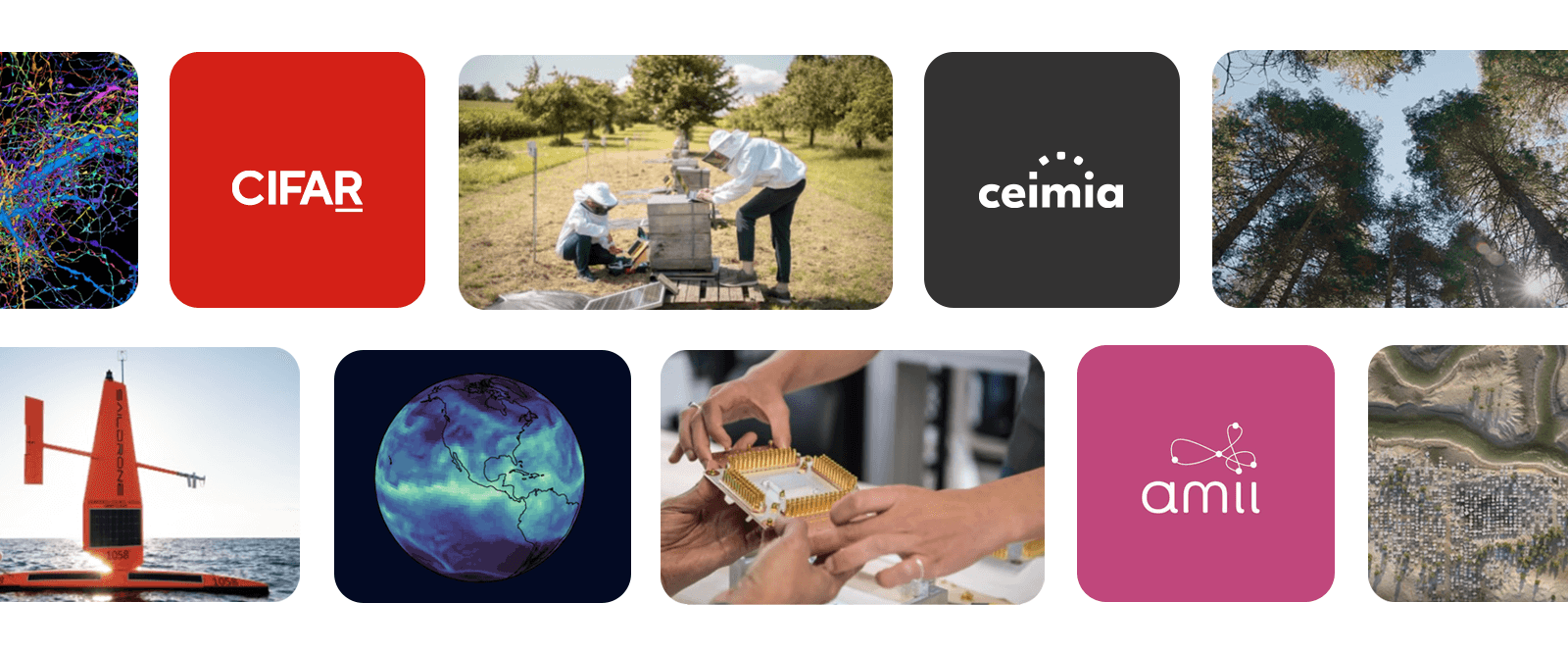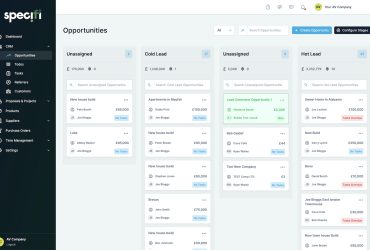Google Canada plans to announce new research grants that will help pave the way for the future of AI in Canada. Google.org will provide a total of $2.7 million in grant funding to the Canadian Institute for Advanced Research (CIFAR), Alberta Machine Intelligence Institute (Amii), and the International Center of Expertise of Montreal on AI (CEIMIA) to support AI research in areas such as sustainability and the responsible development of AI.
Google notes that Canada has long been a leader in AI, with its first-rate education system and talented researchers. “The country is now at a pivotal moment,” says Google, “and has the unique opportunity to harness the technology to address some of society’s most pressing challenges.
“Unlocking AI’s potential demands a collective effort, working with others across industries, civil society, education, ethics and more – so we can expand our knowledge and empower others to harness AI’s promise,” says Sabrina Geremia, Vice President & Country Manager, Google Canada. “We look forward to supporting these organizations to propel Canada’s AI momentum and shape a brighter future that benefits all Canadians.”
The Google.org grant to CIFAR will support its Accelerated Decarbonization program, which brings together experts in carbon capture, storage, and utilization, biochemistry, chemistry, biology and more, to address the carbon cycle and offer new ways of solving climate-related problems. The funding will also support CIFAR’s work to promote responsible AI research and development. Finally, the grant will help foster the next generation of AI scientists by supporting programs and training, including for individuals who identify as members of underrepresented groups in AI.
“CIFAR thanks Google.org for its grant to advance fundamental research aimed at restoring the carbon balance,” says Fiona Cunningham, Director, Research and Lead, Impact at CIFAR. “Climate change is one of the most pressing challenges facing humanity. This partnership enables our CIFAR researchers to drive impact and advance work towards a core piece of the climate change puzzle.”
“Advancing Responsible AI is a core tenet of CIFAR’s work through the Pan-Canadian AI Strategy,” adds Elissa Strome, Executive Director, Pan-Canadian AI Strategy at CIFAR. “Google’s support allows CIFAR to leverage the full potential of cross-programmatic collaboration between our Canada CIFAR AI Chairs and Accelerated Decarbonization researchers and ensures that Responsible AI is in the fabric of the work they build together. I look forward to seeing the significant research strides they’ll make, thanks to this partnership.”
Google.org’s grant to Amii will support its Autonomous Drinking Water project, which enables the deployment of modular water treatment systems into underserved regions using reinforcement learning. While this project aims to support underserved communities in Canada, the insights learned will help reduce the overall water treatment energy use globally through automation driven optimization, says Google.
“This is an incredible opportunity to tackle water quality issues by delving into autonomous systems research,” explains Cam Linke, CEO of Amii. “By tapping into our reinforcement learning expertise, we’re making significant strides in boosting the efficiency and reliability of water purification. Collaborating with communities to critically examine potential solutions, the assumptions behind them and their possible effects is an incredibly important part of this work serving rural and remote areas. We’re deeply grateful for the support from Google.org, which has been essential in bringing our vision to life.”
Lastly, Google.org’s grant to CEIMIA, as part of the Digital Futures Project, will fund work that explores opportunities to deepen collaboration and increase interoperability between governments globally on their policy approaches to AI. Announced last year, the Digital Futures Project was created to support researchers, academics, and organizations creating research, analysis, and promoting debate on public policy solutions for the responsible development of AI.
“Over the past three years, the global AI governance landscape has rapidly evolved and become increasingly complex, with distinct approaches to policy emerging in different jurisdictions,” says Sophie Fallaha, Executive Director of CEIMIA. “Navigating through these different regulations is a key aspect for the responsible development and deployment of AI. Leveraging CEIMIA’s unique position within the international AI community, as well as our capacity to reach out to numerous stakeholders and Governments, this project aims to develop tools to help navigate this landscape and identify opportunities to deepen cooperation between governments and increase interoperability between their approaches.”









